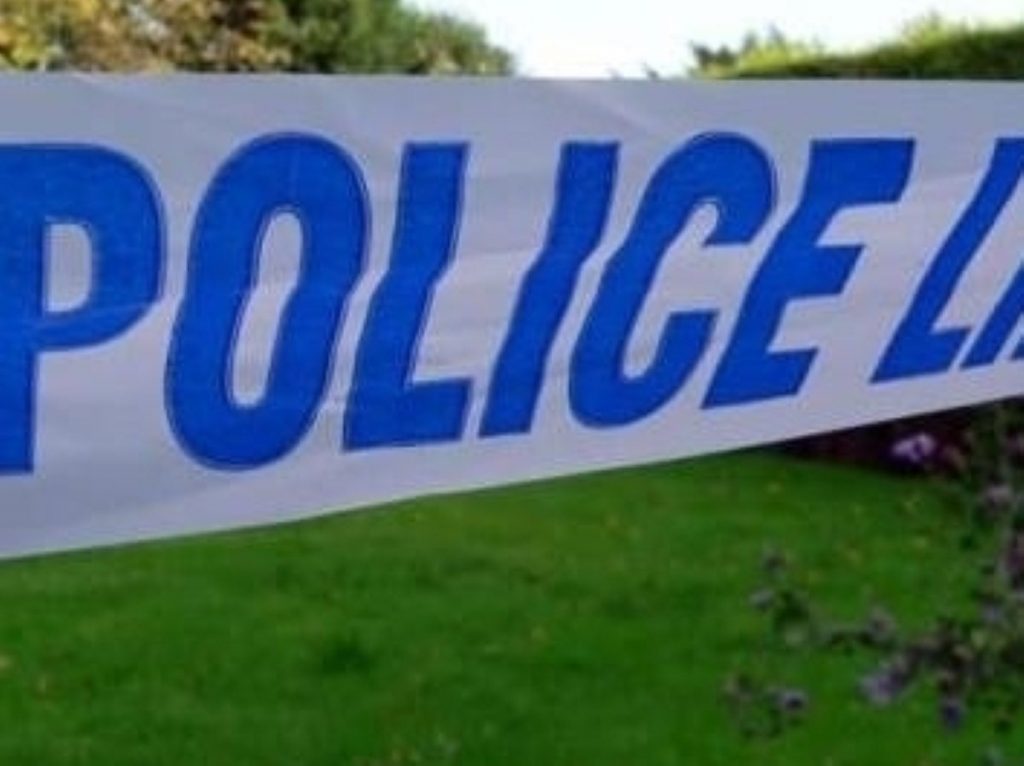Wanted: Police volunteers, please
The number of volunteer police officers could quadruple under government plans outlined this afternoon.
Home secretary Theresa May said the Home Office was launching a “very radical programme” as it published its consultation on police reform.
It comes amid widespread expectation that the 25% departmental budget cuts outlined in the emergency Budget will lead to a fall in the number of police officers in England and Wales.


Under government plans outlined in today’s consultation document, Policing in the 21st Century, members of the public could find themselves on joint patrols with the police as part of the Big Society agenda.
More formal volunteering arrangements will also be encouraged. The number of special constables peaked in the 1950s at over 67,000 but currently stands at 15,000 today.
Policing minister Nick Herbert said the government aimed to see levels return to those of the 1950s and 1960s. “We want to see the police family extended,” he explained.
The consultation suggested police ‘reservists’ could be introduced mirroring those of firefighters.
“They are a clear manifestation of the Big Society in action, demonstrating the role which individuals and communities have in helping fight and prevent crime,” it noted.
“As well as adding resilience, greater involvement of specials and volunteers will help open up the police service to a more diverse group of people with different skills and life experience.”
The consultation also proposes establishing a nationwide crime-fighting agency similar to the American Federal Bureau of Investigation.
Under the anticipated proposals the new National Crime Agency would replace the Serious Organised Crime Agency and incorporate the National Policing Improvement Agency and the Child Exploitation and Online Protection Centre.
Controversial plans to introduce elected police commissioners in two years’ time are also included. The consultation said ministers preferred a “preferential voting system” rather than a first-past-the-post election, but was not clear as to whether the alternative vote system set for a referendum next year was preferred.
Police and crime commissioners would be established as locally accountable officials would be handed responsibility for setting police budgets and given the power to appoint and dismiss chief constables.
They would be monitored through a system of “checks and balances”, Ms May said, including a scrutinising panel.
Panel members would not have the power of veto over the commissioner’s key decisions, but they would have the power to trigger a referendum on the commissioner’s spending plans.
Explaining the move, prime minister David Cameron commented: “By replacing invisible police authorities with directly elected police and crime commissioners, we can forge a direct link between the police and the public, ensuring that the public have a voice in setting police priorities and have the power to hold the police to account for keeping our streets safe and secure.”
Labour has attacked the proposals, which reverse many of the changes implemented by ministers in recent years.
“The home secretary should be protecting the police from savage cuts instead of subjecting them to massive structural upheaval,” shadow home secretary Alan Johnson said.
“The police now face the prospect of having their numbers reduced and their powers diminished whilst millions of pounds are wasted in pursuit of a solution without a problem.”












